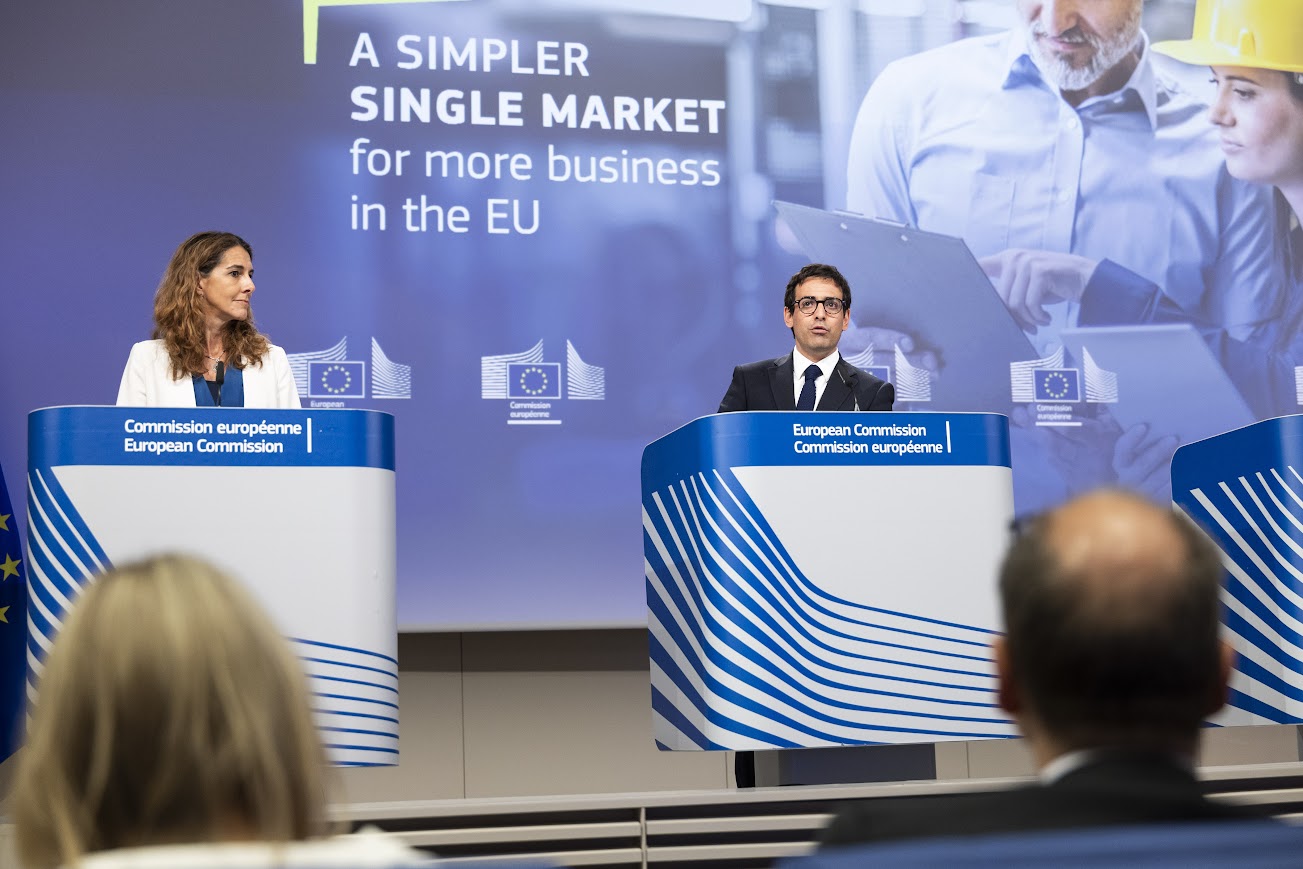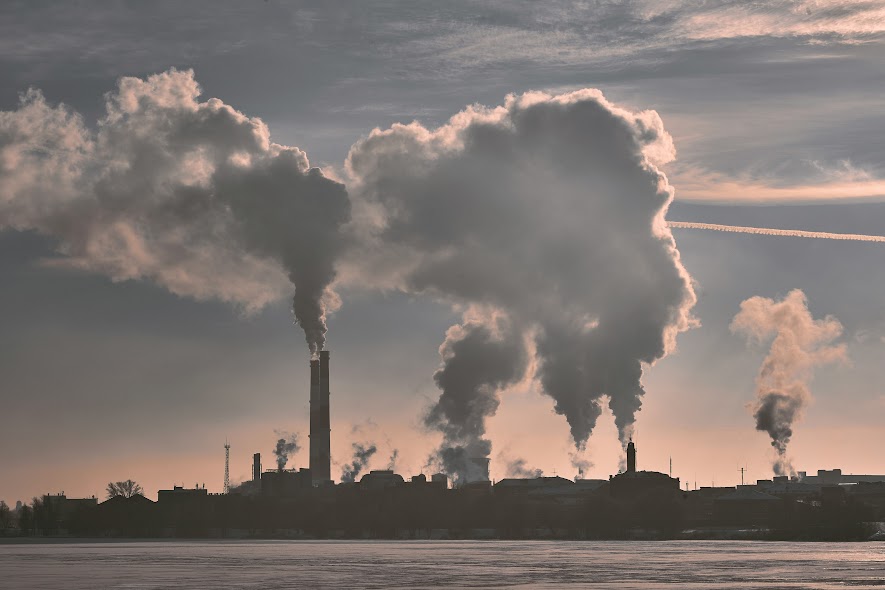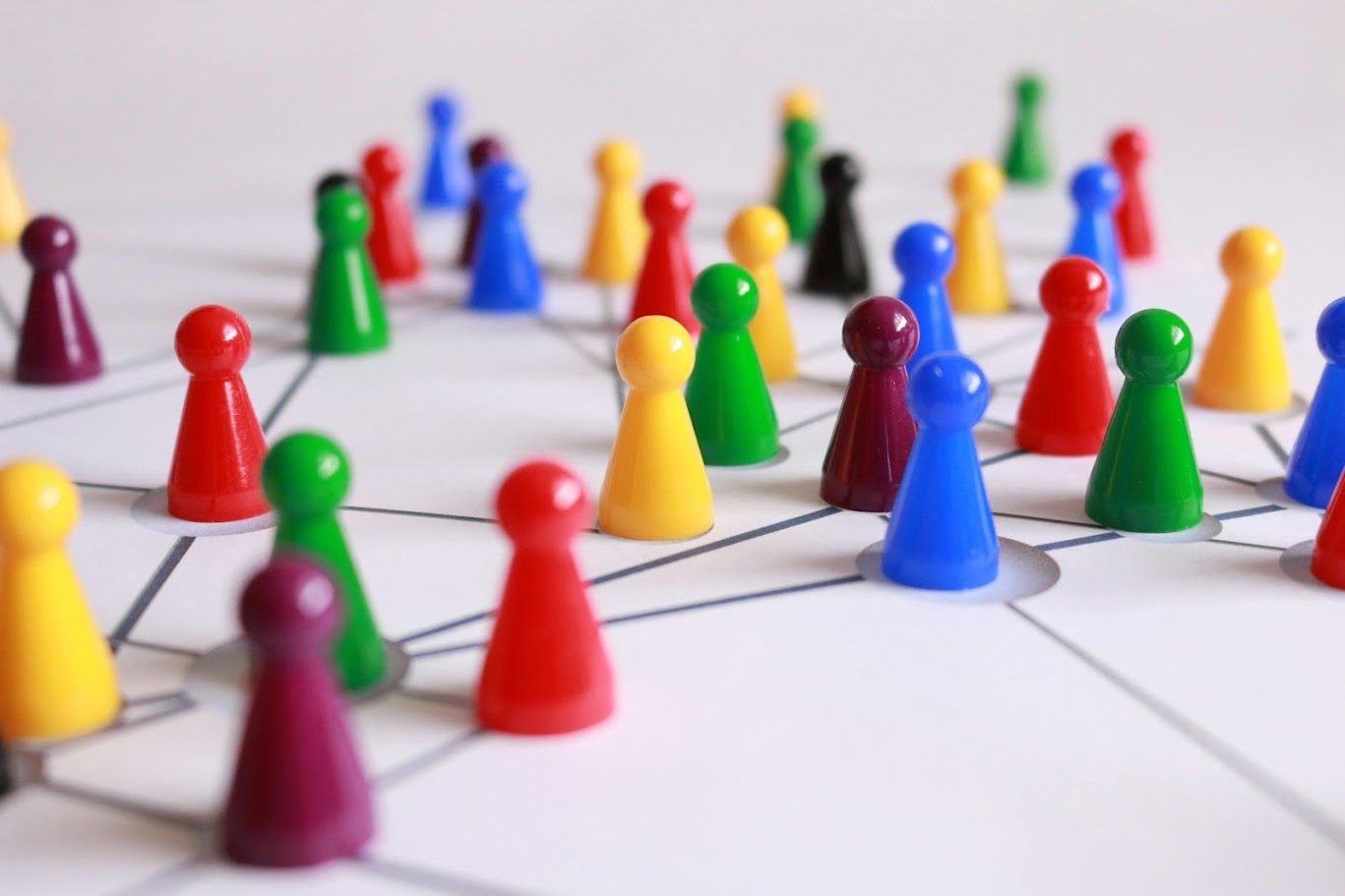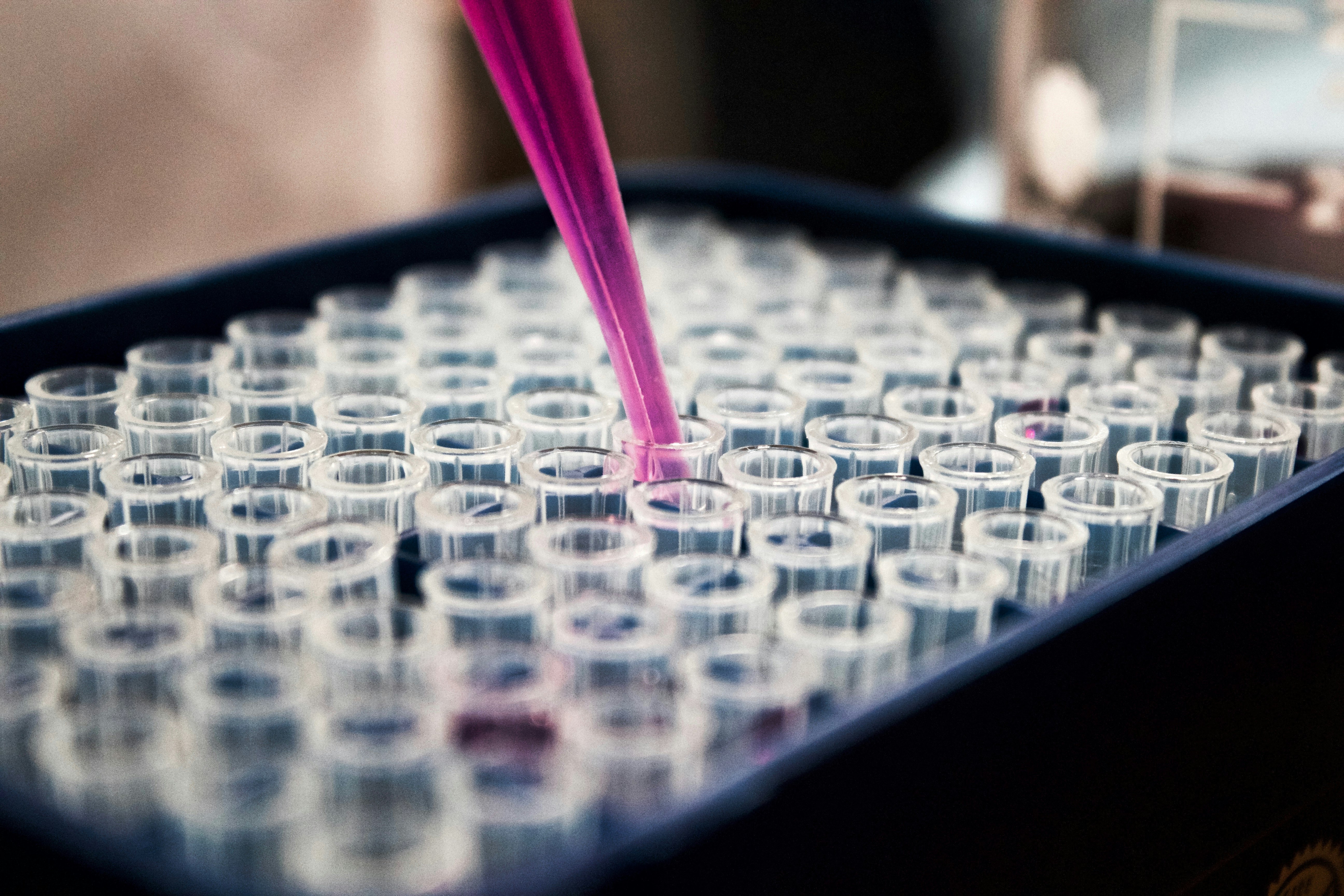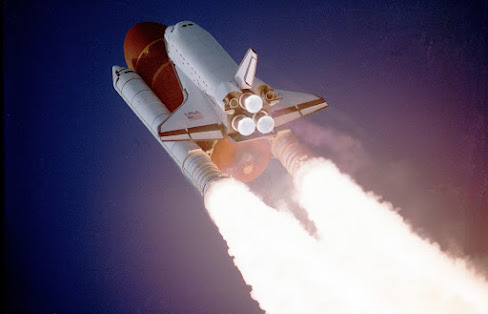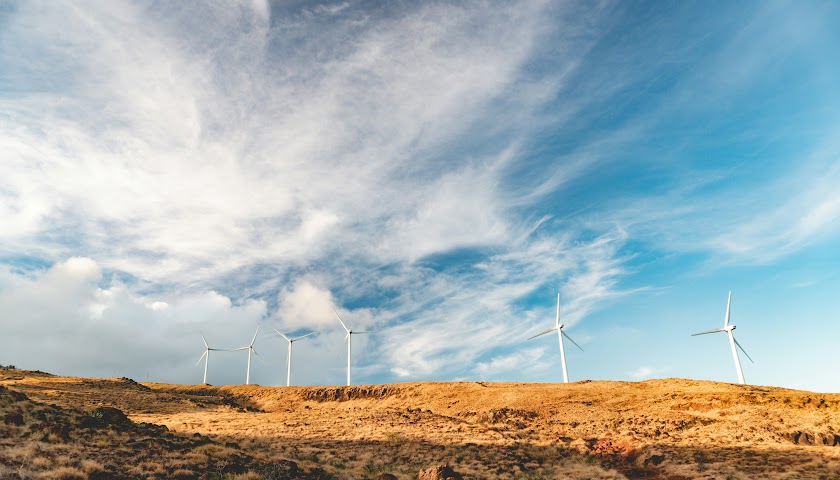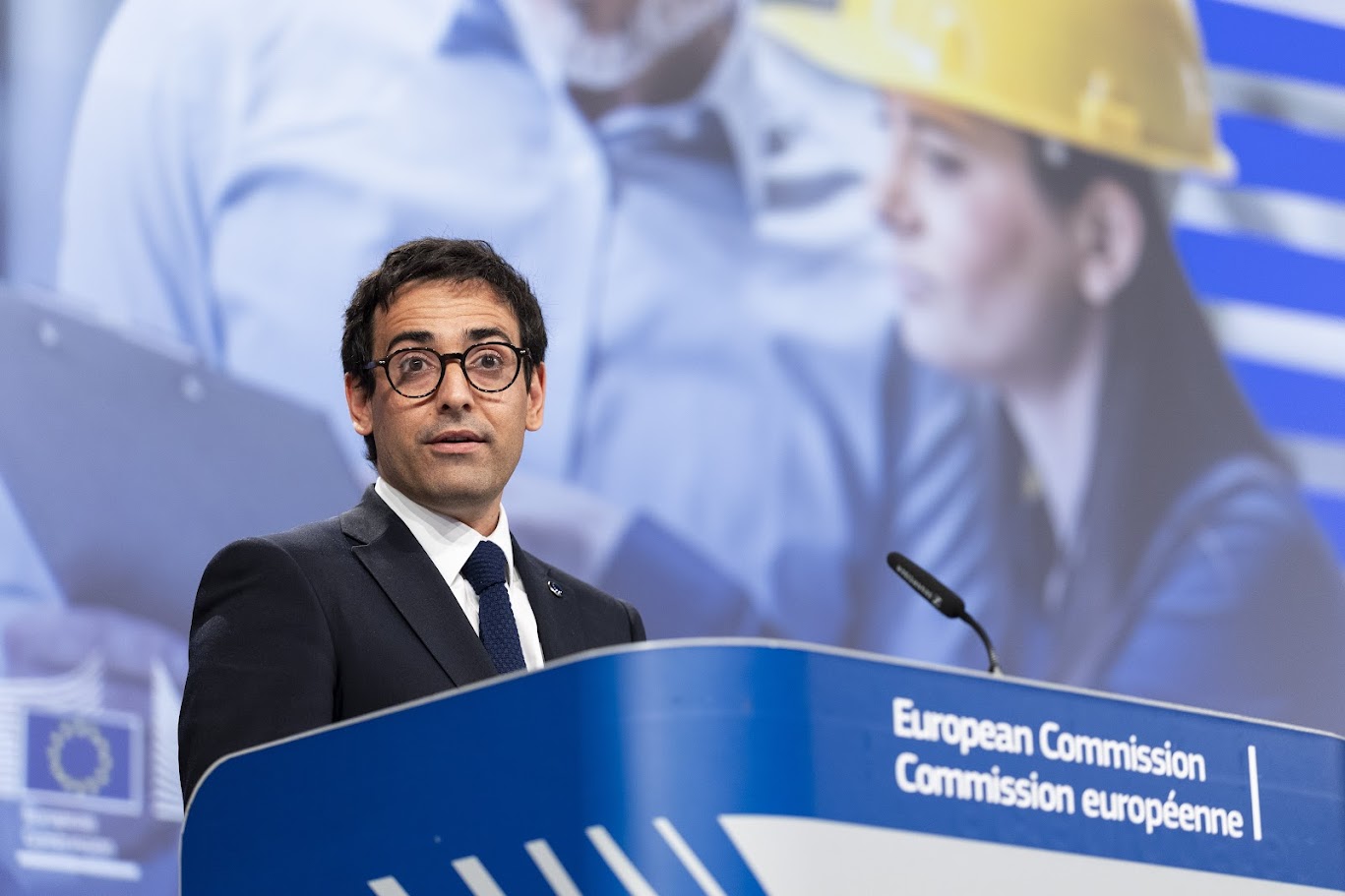PNRR, efficientamento energetico di ERP: pubblicato il decreto che disciplina l’agevolazione
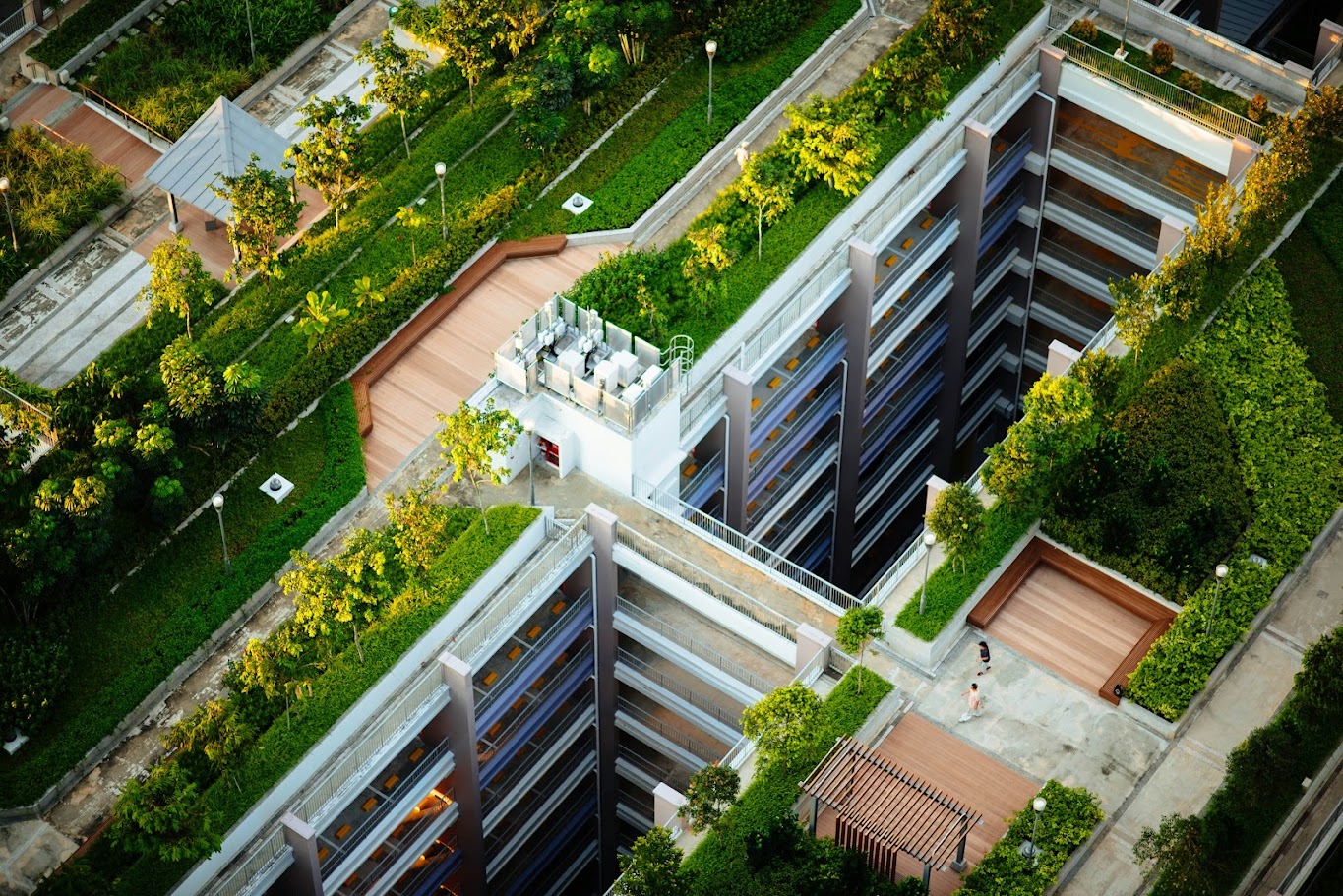 Centralità delle ESCo, mix agevolativo composto da sovvenzioni, prestiti e garanzie, e focus assoluto sull'edilizia residenziale pubblica (ERP). Sono queste le caratteristiche fondamentali della misura PNRR per l’efficientamento energetico degli immobili ERP in base al decreto interministeriale pubblicato ieri, dopo l’approvazione della quinta revisione PNRR da parte del Parlamento che ha modificato anche questa misura.
Centralità delle ESCo, mix agevolativo composto da sovvenzioni, prestiti e garanzie, e focus assoluto sull'edilizia residenziale pubblica (ERP). Sono queste le caratteristiche fondamentali della misura PNRR per l’efficientamento energetico degli immobili ERP in base al decreto interministeriale pubblicato ieri, dopo l’approvazione della quinta revisione PNRR da parte del Parlamento che ha modificato anche questa misura.
Alloggi accessibili: parte la caccia ai fondi europei per l'housing

